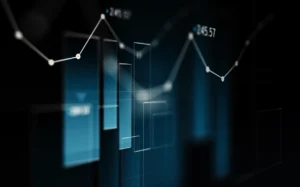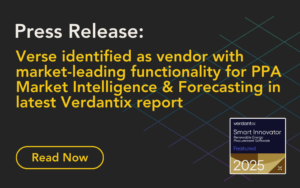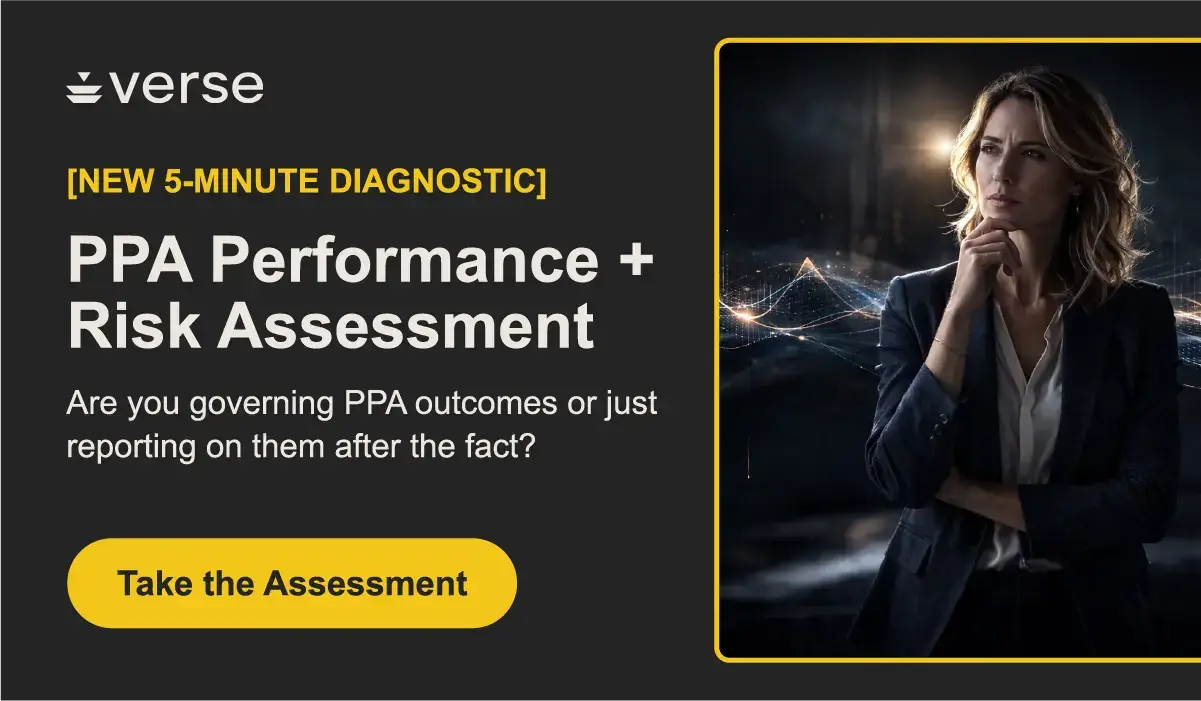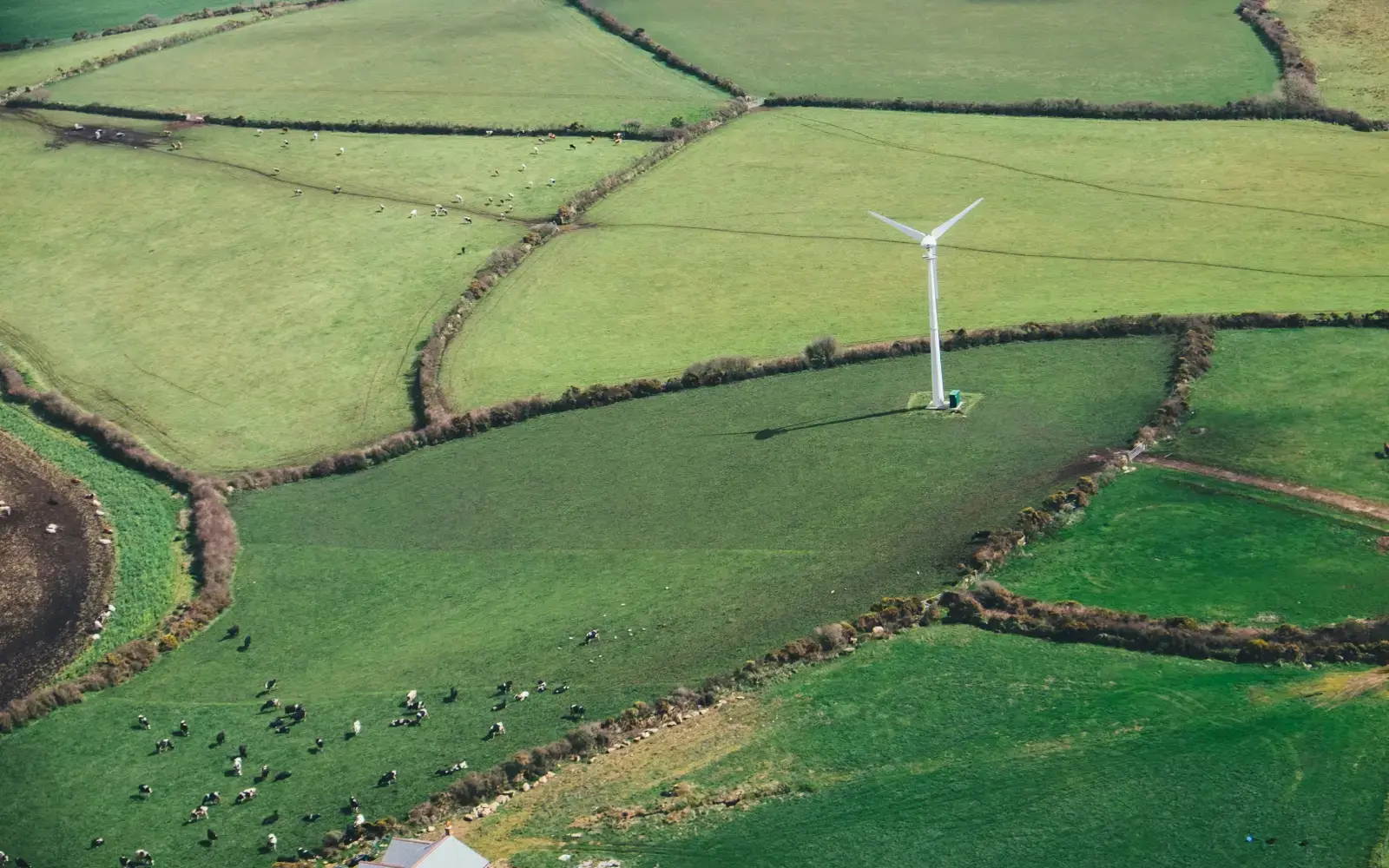Assess whether you have the executive-level visibility needed to govern PPA performance and risk or if issues surface too late.
What Is a Virtual Power Purchase Agreement?
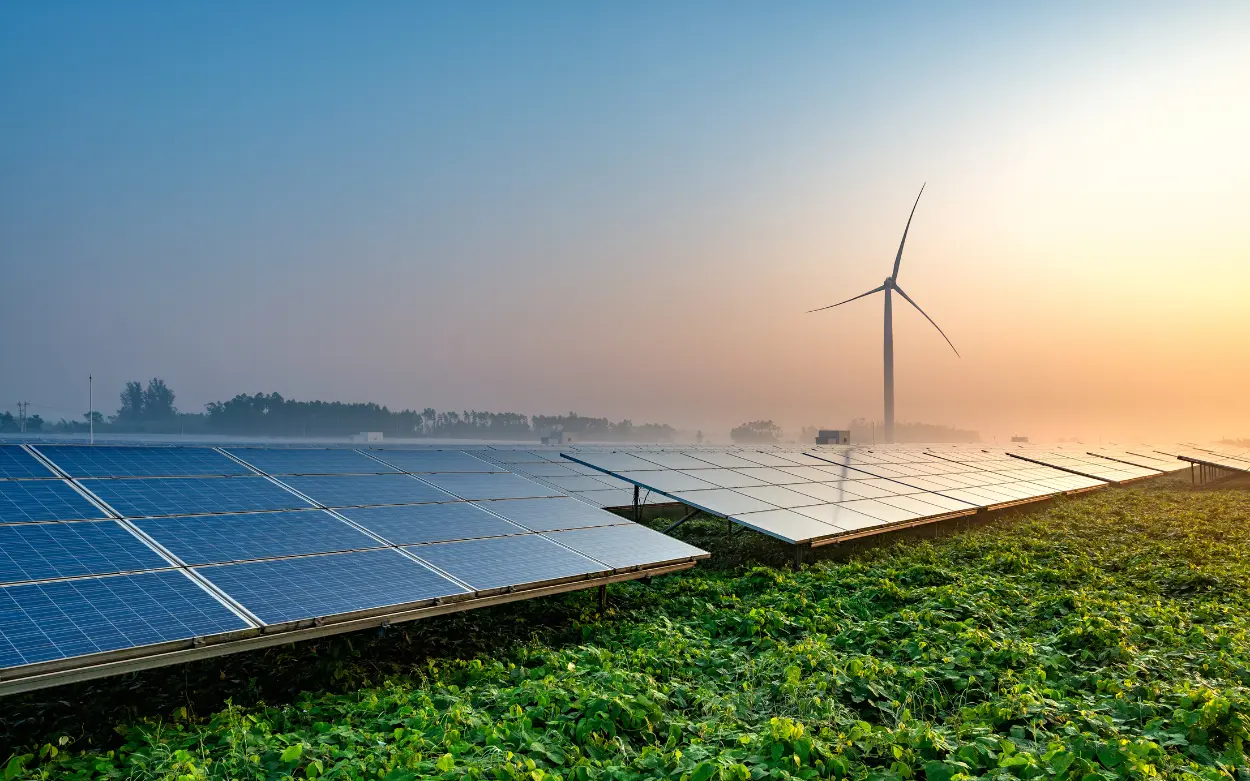
If you’re involved in corporate clean energy or sustainability, you’ve likely heard the term virtual power purchase agreement, or vPPA. But what does a vPPA actually involve — and why has it become such a common clean energy strategy for corporations?
A virtual power purchase agreement (vPPA) is a financial contract between a renewable energy generator (the seller) and an organization or corporation (the buyer). The agreement is considered “virtual” because the electricity generated by the renewable project is not physically delivered to the buyer. Instead, the electricity is sold into the local wholesale electricity market, while the buyer and seller settle financially.
Click the image below to watch a short explainer video — or read on for a detailed walkthrough.

In a vPPA, the buyer agrees to financially support a renewable energy project without taking physical delivery of the electricity. This structure allows companies to support new clean energy development, manage long-term energy price risk, and meet sustainability goals — even if the project is located far from their facilities.
Unlike a traditional physical PPA, a vPPA does not require the buyer to operate in the same grid or region as the renewable project. This flexibility has made vPPAs one of the most widely used clean energy procurement mechanisms for large organizations.
Virtual Power Purchase Agreement Cash Flows
At the heart of a vPPA is a financial hedge.
In the contract, the buyer and seller agree on a fixed electricity price, known as the strike price. The buyer agrees to pay the seller this fixed price for each megawatt-hour (MWh) generated by the renewable project.
Meanwhile, the seller sells the electricity into the wholesale market at the prevailing market price, which can vary hourly — or even more frequently.
Because the market price and strike price rarely match exactly, the buyer and seller settle the difference through a monthly settlement payment.
How settlement payments work
- If the market price is below the strike price, the buyer pays the seller the difference.
- If the market price is above the strike price, the seller pays the buyer the difference.
Example:
- Market price: $36/MWh
- Strike price: $44/MWh
Buyer pays seller $8/MWh
Conversely:
- Market price: $54/MWh
- Strike price: $44/MWh
Seller pays buyer $10/MWh
This structure ensures:
- The seller receives a predictable revenue stream that supports project financing
- The buyer gains a long-term hedge against electricity price volatility
REC Flows
In addition to cash settlements, vPPAs include the transfer of Renewable Energy Certificates (RECs).
Here’s how the REC process works:
- The renewable project produces electricity.
- The seller submits verified meter data to a certifying body.
- The certifier confirms the generation qualifies as renewable.
- RECs are issued to the seller’s account.
- The seller transfers the RECs to the buyer.
Once transferred, the buyer can:
- Apply RECs toward renewable energy or sustainability goals
- Comply with regulatory or voluntary reporting requirements
- Make environmental claims related to clean energy consumption
RECs are the mechanism that allows a buyer to claim the environmental attributes of the renewable electricity — even though the physical power was sold into the grid.
To Sum Up…
Here’s how a virtual power purchase agreement works from start to finish:
- The buyer and seller enter into a financial contract at a fixed strike price.
- The seller generates renewable electricity and earns RECs.
- The seller sells electricity into the wholesale market at market prices.
- The buyer and seller settle the price difference monthly.
- The seller transfers RECs to the buyer.
- The buyer claims the renewable energy benefits.
Virtual power purchase agreements enable organizations to:
- Support new renewable energy development
- Achieve sustainability and emissions goals
- Hedge long-term energy price risk
At the same time, renewable developers gain predictable revenue streams that make projects financeable and scalable.
Why Corporations Use vPPAs
Corporations increasingly rely on vPPAs because they offer a rare combination of environmental impact and financial discipline. Sustainability teams gain credible progress toward clean energy goals, while finance teams gain cost predictability and transparency.
Because vPPAs are financial instruments, they require careful modeling, settlement tracking, and REC management — particularly as portfolios grow across regions and markets.
How Verse Supports vPPA Management
Verse’s software platform empowers corporate clean energy buyers to plan, evaluate, and manage virtual power purchase agreements with confidence. From forecasting settlement outcomes to validating invoices and tracking RECs, Verse helps make vPPAs faster, easier, and more affordable to manage at scale.
Manage vPPAs with Verse’s clean energy tools
Explore clean energy procurement strategy
Talk to an expert
IMPORTANT NOTICE: This page is provided for general informational purposes only and does not constitute individualized advice or a recommendation tailored to your specific circumstances. Verse provides analytics software. The platform provides generalized models, scenarios, and reporting for educational and informational purposes. Verse is not acting and does not claim to act as an advisor to any counterparty, customer, or user of this website and expressly disclaims any fiduciary relationship or similar obligation to act on behalf of or in the best interest of any such counterparty, customer, or user of this website. In addition, Verse is not registered with the U.S. Commodity Futures Trading Commission as a commodity trading advisor in order to provide advice regarding the value or advisability of trading in swaps, futures, options, or other regulated derivatives products. Past or simulated performance is not necessarily indicative of future results. You should consult your own independent legal, accounting, and other professional advisors prior to engaging in any transactions or services described on this website.

